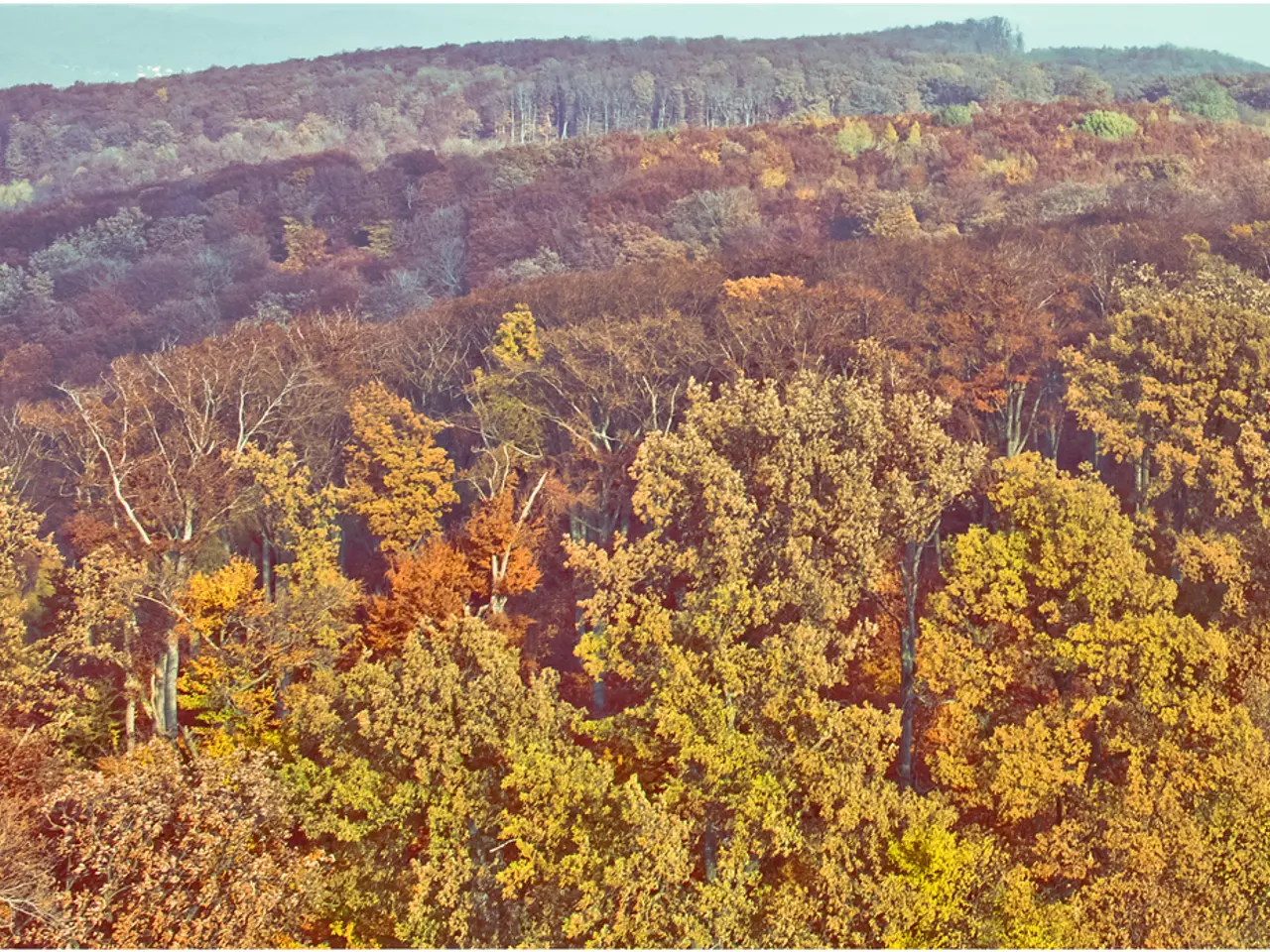Financial protection for biodiversity urgently needs to bridge the funding gap, according to advocacy group Greenpeace.
In a recent statement, Greenpeace International has called for the immediate closure of funding gaps in the global biodiversity fund. The environmental organisation argues that current financial commitments are insufficient to adequately protect biodiversity and meet global conservation goals.
The urgent need for action is highlighted by the ongoing climate and biodiversity crisis, with the World Economic Forum considering the loss of biodiversity and the collapse of ecosystems as the third greatest global risk. The biodiversity crisis, a decline in biological and genetic diversity on Earth, has occurred since the second half of the 20th century and is largely attributed to human activity.
Greenpeace emphasises the role of accountability in addressing this crisis, calling for polluting industries and governments to fully meet their financial commitments. The organisation advocates for a transformation in global economic and social systems aimed at sustainability rather than endless growth.
A key element in closing funding gaps, according to Greenpeace, is ensuring direct community finance, particularly for Indigenous Peoples and Local Communities who are effective guardians of biodiversity. These communities play a crucial role in protecting ecosystems with high integrity and high carbon density, as advocated by Greenpeace International.
Although specific quantified updates on the global biodiversity fund are not available, Greenpeace’s ongoing calls for bold financial action and the demands for making polluters pay indicate that significant funding commitments remain either unmet or insufficient. This has prompted calls for urgent, increased, and more accountable financial support ahead of key biodiversity conferences such as CBD COP16.
Recent events, such as the extinguishing of an oil tanker fire in Germany, serve as a reminder of the potential environmental catastrophes that can be prevented with adequate protection and funding for biodiversity conservation. Despite promises, political and financial follow-through often falls short of what is needed for meaningful biodiversity protection and climate justice.
In conclusion, Greenpeace's advocacy underscores the urgent need for governments, funders, and polluting industries to take immediate action to close funding gaps in the global biodiversity fund. By doing so, they can help ensure the protection of ecosystems and the planet for future generations.
Science and finance are crucial components in addressing the environmental crisis, as Greenpeace International suggests a transformation in global economic systems to prioritize sustainability and sufficiently fund biodiversity conservation. This transformation, the organization believes, should prioritize environmental-science research and include direct community finance, particularly for Indigenous Peoples and Local Communities who actively protect high-integrity and high-carbon-density ecosystems.




